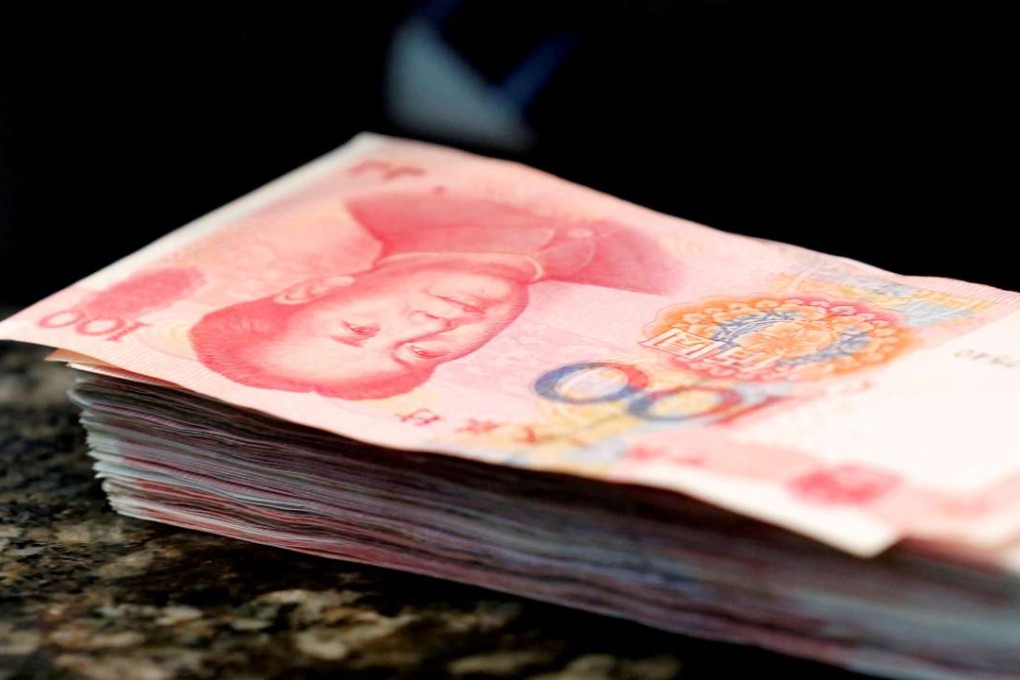Chinese online lending app opens door to Uber-style debt collectors
Jiedaibao lets users armed with personal data try to recover unpaid loans for hefty commissions, raising concerns about abuse

An online lending firm has paved the way for Uber-style debt collecting services in China by giving the public access to debtors’ personal data.
But the move has raised concerns about the potential for abuse of the information.
Jiedaibao is an online platform launched two years ago to link lenders with borrowers. Users of its app can apply to recover debts owed through the platform by uploading their ID card number and a photo.
After a “verification” process of about a week, successful applicants gain access to overdue borrowers’ phone numbers, addresses and even ID numbers, with commissions of up to 40 per cent of the original loan for recovering the outstanding amounts.
Jiedaibao declined to say how many collectors it had registered or the sums involved, but it said was “outsourcing overdue loans to third parties, including individuals and institutions, to collect”.
It said it did background checks of applicants to exclude people with criminal records.